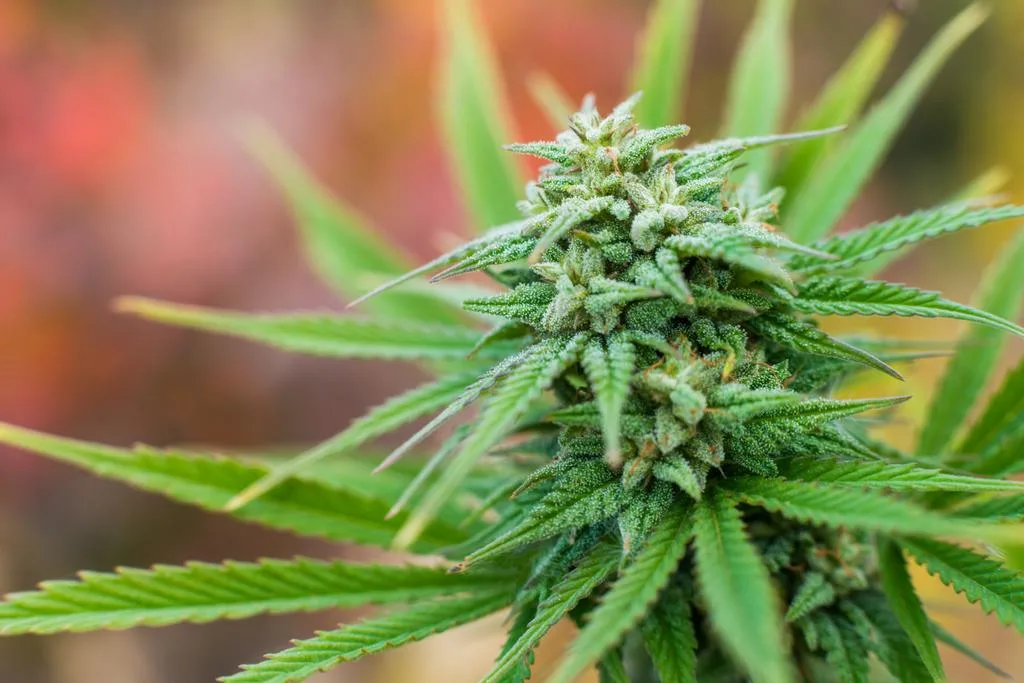The Drug Enforcement Administration (DEA) has announced that it will reschedule marijuana.

The DEA’s decision to move marijuana to Schedule III will be followed by a required 30-day public comment period, and a hearing, before it can take effect.
Under the Federal Controlled Substances Act, marijuana is currently classified as a Schedule I drug, making it illegal for all purposes. The DEA’s decision to reclassify marijuana as a Schedule III drug will effectively legalize it nationwide for prescription use, while providing state-legal medical marijuana patients and businesses with numerous federal protections that are currently unavailable to them. Other Schedule III substances include codeine, ketamine and testosterone.
The announcement by the DEA comes over eight months after the Department of Health and Human Services requested the change after conducting a review prompted by President Biden.
Although President Biden remains opposed to legalizing recreational marijuana, he is the only president to ever sign a standalone piece of marijuana legislation into law, he was the first president to ever promote marijuana law reform during a State of the Union Address, and now he is overseeing the first change in marijuana scheduling since the Controlled Substances Act was enacted into law 56 years ago.
According to polling release in January, rescheduling marijuana will increase President Biden’s favorability by 11%, a drastic increase in a close election. The same poll found that 58% of voters support marijuana being rescheduled, with just 19% opposed.
For a look at the 10 states next in line to legalize recreational marijuana, click here. You can also click here for a breakdown of the two states set to vote on marijuana legalization initiatives this November.








